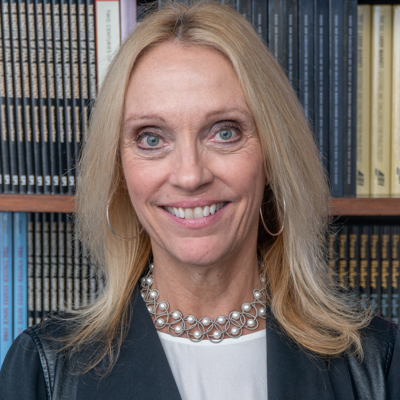January 05, 2023
As we mentioned in our previous Spotlight , CEPR has played a leading role in educating policymakers and the general public on the importance of Special Drawing Rights (SDRs) and in supporting a successful campaign for a major allocation of SDRs by the International Monetary Fund. SDRs are an international reserve asset issued by the IMF to its 190 member countries that can be exchanged for hard currency by countries in need. As CEPR Co-director Mark Weisbrot and Research Fellow Joe Sammut recently wrote in this paper , the SDR issuance last year probably saved hundreds of thousands of lives. So why is the US Treasury standing in the way of a new issuance just as the world is experiencing a poly-emergency that is fueling a new global debt crisis and pushing tens of millions of people to the brink of famine?
CEPR has tracked how countries have used the SDRs, including this in-depth report published in April (and updated in August) that shows that SDRs have been used by the vast majority of developing countries since the August 2021 issuance. In October CEPR released a paper by Research Associate Ivana Vasić-Lalović, that examined proposed mechanisms for rechanneling SDRs. The paper concluded that a major new allocation of SDRs is a highly desirable option.
In addition to the ongoing work on SDRs, CEPR turned its attention to another burden placed upon developing countries by the fund: Surcharges. Surcharges are additional fees that the IMF charges countries that have relatively large and long-term loans; they significantly increase the debt payments that these countries must make to the Fund, siphoning away scarce foreign exchange and budget resources. As Mark asked in this op-ed for The Hill , why is the IMF collecting surcharges from developing countries?
CEPR published numerous articles and op-eds on surcharges over the course of the past year, including this paper by Senior Research Fellow Andrés Arauz showing no loss to the fund’s net earnings even if all surcharges were removed. CEPR’s Director of International Communications Dan Beeton penned this article for Fortune highlighting the impact of surcharges on several countries including Ukraine. And on April 15, 2022, CEPR co-hosted a panel on an under-discussed aspect of these surcharges: their disproportionate burden on women and girls, and adverse impacts on the fulfillment of basic human rights.
CEPR’s most recent paper focused on the IMF and climate change, offering a bold proposal reforming governance of the International Monetary Fund (IMF) by adjusting for IMF members’ historical shares of cumulative carbon dioxide (CO2) emissions. CEPR plans to do more work in this area in 2023.
CEPR is one of just a few organizations holding the IMF accountable. Your donation to CEPR will enable us to continue to shine a light on how the actions of the IMF have an impact on the most vulnerable populations around the world.






